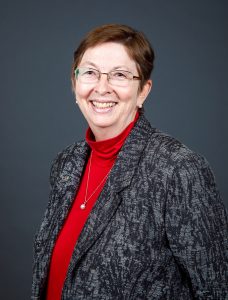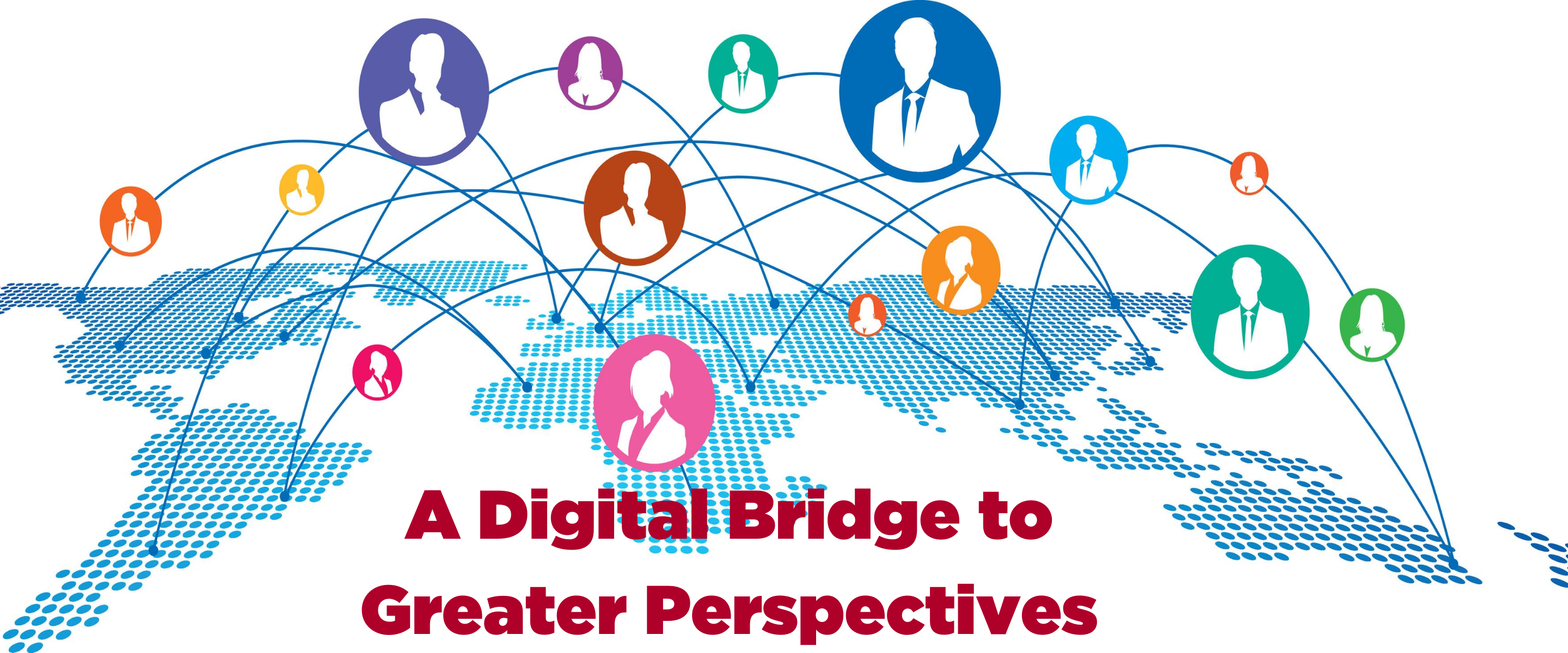SSW students sharing social work experiences with Ghanaian counterparts
*Editor’s note: this story originally appeared in the 2019-2020 edition of Outreach and has been updated to reflect current data.
By David Miller
Aug. 28, 2020

Dr. Debra Nelson-Gardell coordinates international initiatives for the School of Social Work and is leveraging popular international social media platforms to provide international social work experiences for students at UA and the University of Ghana.
International social work experiences, whether real-time or virtual, provide foundational pay-offs for one’s social work career, even for those that don’t aspire to work outside the United States.
Added perspective is the most significant benefit, and it’s gained and applied in a variety of ways. For instance, differences across cultures can affect how social workers conceptualize or address problems. And for American students, international social work can help them recognize their own assumptions that are only apparent when someone from a different country or culture asks questions of them, says Dr. Debra Nelson-Gardell, associate professor and coordinator of international initiatives.
“There’s no social worker that leaves a social work program that’s ever going to work with anyone who is exactly like them,” Debra Nelson-Gardell says. “International social work is an opportunity to work on cross-cultural communication and appreciation. People around the world have worthwhile things to say. There’s an opportunity to also learn something that can be useful in the U.S.”
These learning opportunities, if one leaves does a study-abroad experience, are expensive — typically between $5,000 and $10,000 per semester — and greatly limit the potential number of students who can participate, says Nelson-Gardell, who has overseen the School’s collaborative work with universities in Hong Kong and Mainland China.
But, in lieu of complete immersion, Nelson-Gardell is hopeful to replicate an important component of international social work – organic conversation – through an innovative project funded by the Council for Social Work Education Katherine A. Kendall Institute for International Social Work Education. “Promoting Global Citizenship in Ghana and USA through WhatsApp/Flipgrid” began in spring 2020, implementing a three-year partnership that will see UA MSW and BSW field students communicate regularly with their counterparts at the University of Ghana. The students are using two popular social media apps – WhatsApp and Flipgrid – to overcome resource limitations and “spread some of the goodness of international knowledge,” Nelson-Gardell said.
Nelson-Gardell has used several social networks, including WhatsApp, in her own international work. She said the conversations on WhatsApp are more informal and allow for freer exchanges. Additionally, the platform also provides a level of immediacy not achievable in more formal formats, like email or online learning systems.
The project pilot began with an online MSW policy class at UA (26 students) and 12 master’s students at the University of Ghana. During the summer, the project faculty fine-tuned their plans based on what pilot participants reported. This semester, program implementation will go “full-scale” and virtual international exchanges will be implemented with approximately 52 MSW students in two online social welfare policy courses at UA, along with up to 25 BSW field students at UA in partnership with 22 Ghanaian students. The program will increase UA student participation in both 2021 and 2022, with a projection of more than 150 students participating by the project’s close.
UA adjunct professor, Beth Okantey, who is teaching the pilot course, is working with a Ghanaian social work education colleague to coordinate student participation in Ghana. Okantey has an assignment for the project built into the class she’s teaching for UA.
“UA students will be working on assignments using WhatsApp groups with at least one Ghanaian partner student,” Nelson-Gardell said. “The conversations, we hope, will at least contribute at a small level to increase an awareness of how social work is done in other places, and the opinions of others who aren’t U.S. citizens.
“Even for those people that don’t want to work internationally, this kind of project has the potential to benefit all social work students because of our need to be able to communicate and engage cross-culturally.”
